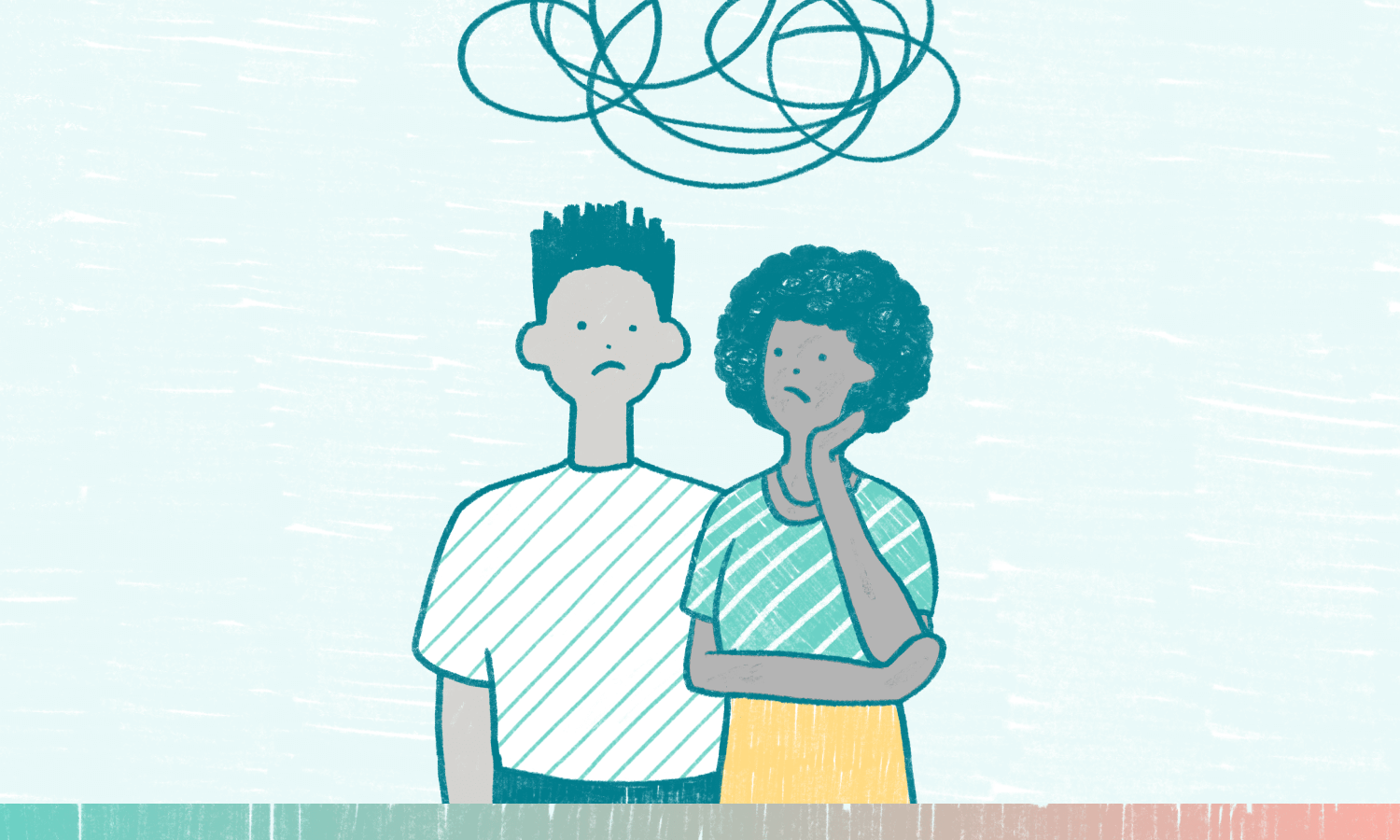
If you’ve ever gone to bed replaying the moments you wish you could redo, like yelling at your child, missing a school event, handing over the tablet for some peace and quiet, you’re not alone.
In our recent Parenting Guilt: Understanding, Coping, and Letting Go webinar, we explored why guilt shows up in parenting, how to tell when it’s helping versus harming you, and practical ways to move forward with more grace for yourself.
Discover coping strategies, signs you may need extra support, and how to overcome long-term guilt in this webinar:
Guilt is that inner signal telling us we might have done something wrong. In parenting, guilt often means feeling self-blame or inadequacy when we think we’ve fallen short, whether we actually have or not.
Common triggers include:
Guilt doesn’t have to be a permanent fixture in your parenting journey. Persistent guilt and shame can take a toll on mental health, contributing to depression, anxiety, burnout, emotional withdrawal from children, and even insecure attachment patterns.
Perfectionism, pressure to “gentle parent” flawlessly, cultural expectations, and generational trauma can magnify the weight of guilt, making it harder to connect with your kids and yourself.
We shared several evidence-based strategies:
You’re likely doing better than you think. Guilt doesn’t make you a bad parent, it proves you care. Strive for progress, not perfection, and remember that every moment offers a chance to repair, reconnect, and grow.